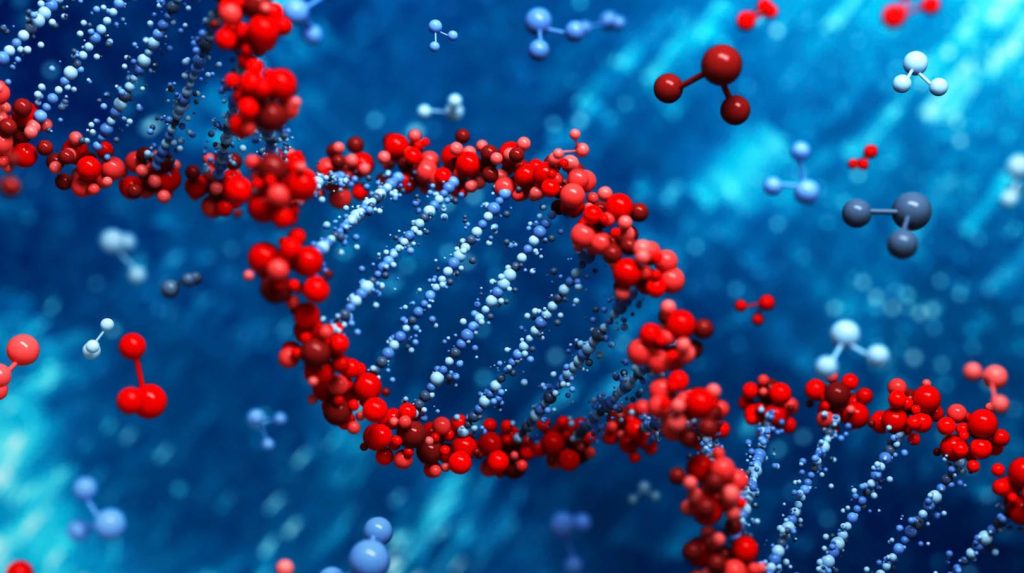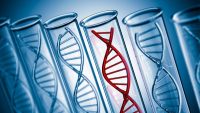The Coronavirus massively highlighted a few distinct factors of the healthcare system. Primarily was the need for rapid drug development (in the form of various vaccines for Covid-19) and more importantly how important the identification of diseases at the earliest stages could not only reduce the chances of mortality for an individual but also allow for better quarantine measures to avoid epidemics which possess the potential to expand into future pandemics.
With each passing year, technology has allowed us to delve deeper into the human anatomy & grow our existing knowledge base. One of the most critical points of focus over the past decade has been the research surrounding a plethora of documented & undiscovered biomarkers. The identification of biomarkers has become key in various domains of healthcare, especially for accurate diagnosis wherein they play a huge role in the subsequent selection & regular monitoring of a certain therapy or treatment & throughout the drug development lifecycle to assist in choosing the best suited group of people for clinical trials as well as in improving the efficacy of medicines.
Understanding Biomarkers & their Importance:
Biomarkers or ‘biological markers’ encompass any objective & measurable parameters which can indicate the normal or abnormal functioning of a biological or pathogenic process and/or a pharmacological response to a form of therapeutic treatment. Essentially, they are medical signs (not symptoms), which can help in identifying a particular disease, the stage or type of that disease and the reaction of the body to any kind of drug or medical treatment being undertaken by the subject. Everything from your pulse rate & blood pressure to an MRI or X-Ray are biomarkers as they provide a portal into the inner workings of our biology. Hence, it’s easy to see why biomarkers are so important for doctors to better understand what a patient is going through.
For a biomarker to be useful, it must possess certain important characteristics as follows:
- It should be safe and easy to measure.
- Cost effective so regular follow-ups can shed light on progress.
- They must be modifiable with treatment.
- Biomarkers should be consistently present across different age groups & demographics.
Biomarkers exist in various types, some of which are listed below with examples to elucidate:
- Radiographic – Mineral density
- Histologic -Grading the kind & stage of cancer
- Physiological – Blood pressure
- Molecular -Blood glucose
The entire spectrum of biomarkers allows a comprehensive outlook on how the human body is functioning at that moment.
As research intensifies into discovering newer biomarkers, huge leaps shall be visible in the efficiency of approved medicines as the pool of individuals for a certain drug trial can be selected with more accuracy keeping in mind the patients the drug is aimed at
The toxicity as well as side effects of those proposed medicines can also be better co-related with different kinds of illnesses helping pave the way for the precision medicine by matching the most suitable course of therapy for a respective individual.

The 4th Annual MarketsandMarkets Biomarker and Companion Diagnostics Conference UK/EU will showcase findings from industry experts & discuss the latest innovations & trends within the biomarker industry.
CLICK HERE TO LEARN MORE ABOUT THE 2-DAY CONFERENCE!
REGISTER FOR THE CONFERENCE HERE!
Ayush Kanitkar
MarketsandMarkets
+91-8975985061





